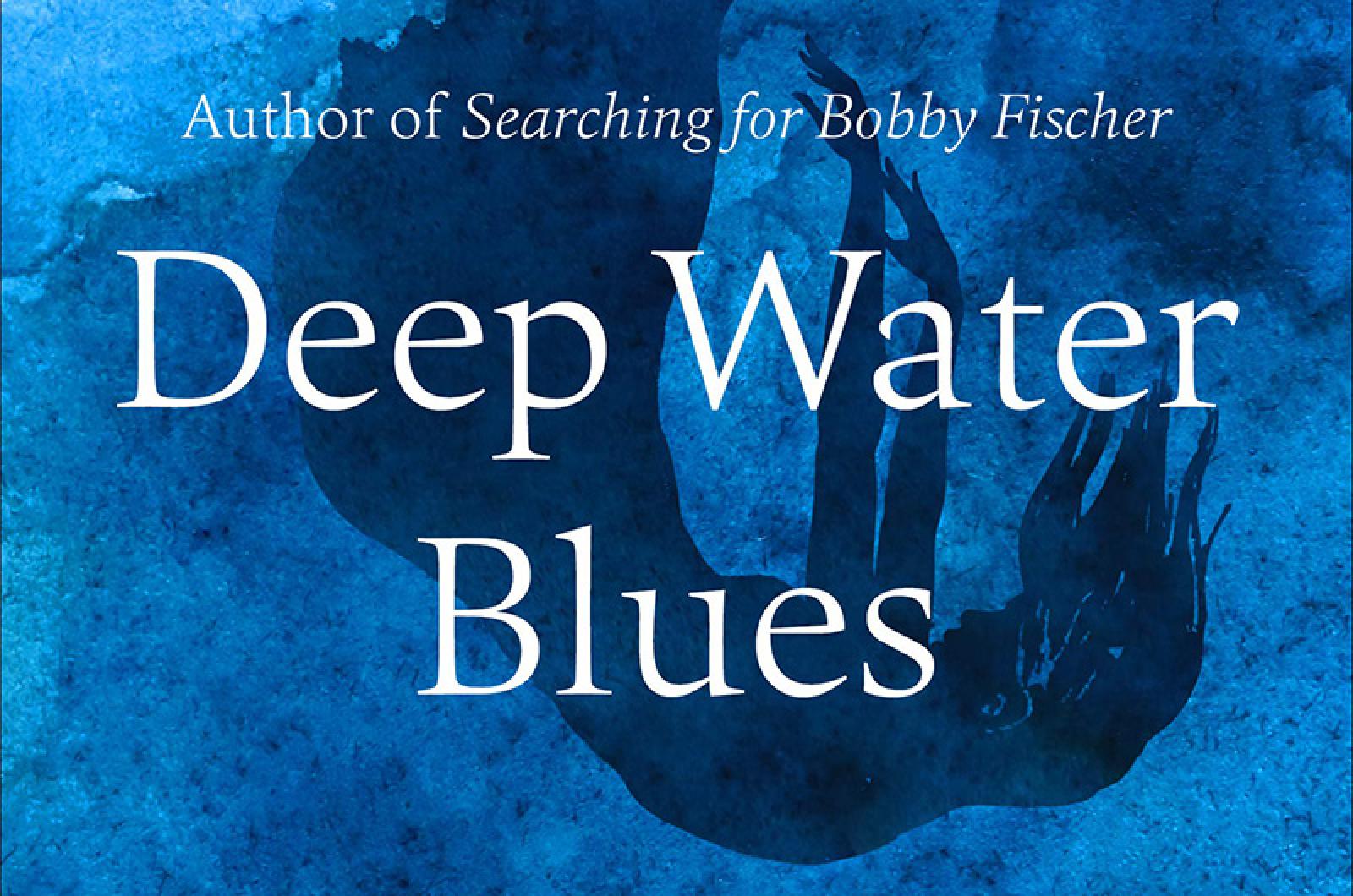Deep Water Blues by Fred Waitzkin, Open Road, 143 pages, $17.99 .
“Many times, I’ve made the long ocean voyage to Rum Cay to troll off the southeast corner of the island,” writes Fred Waitzkin, author of Searching for Bobby Fischer , in the opening pages of his lean, elegiac new book Deep Water Blues. “But my fishing ardor has often been dwarfed by surprises onshore, where breezy sensuous nights plunge me back into the yearnings of a younger man and where I’ve met maimed and beautiful people on the dock and a few that were evil beyond redemption.”
Rum Cay, with its glass-clear waters, hazardous reefs, aggressive tiger and bull sharks, and bountiful sport fishing, forms the heart of Deep Water Blues. It’s a distant and tucked-away haven in the Bahamas for wealthy fishermen looking for enormous marlin, delicious food, warm nights, and guilt-free local bragging rights — a getaway place whose idiosyncratic locals live in shacks and dream of scoring some big success off these deep-pocketed visitors in their opulent yachts.
Throughout the book, Mr. Waitzkin wonderfully evokes both the place’s charm and its fragility.
“The entire island was hardly more than a smudge or a glimpse,” he writes, “one wave could totally wash away Rum Cay with so much hope and tragedy resting a few feet above sea level.”
In the world of Deep Water Blues, no one on Rum Cay dreams bigger than Bobby Little. When we first meet him, he’s a golden figure, a free-wheeling jack-of-all-trades entrepreneur whose docks draw the biggest yachts and whose mouth-watering restaurant fare and freely-dispensed top-shelf liquor lead his rich guests to view him as an informal king of the island. He’s an artist at carving coral, a devoted master to his various dogs, and a hero to the various hangers-on in his orbit, from towering Rasta with his long dreadlocks to fawning Dennis, rumored to be a Mob-connected player in the Miami real estate market. Dennis covets glory and power, we’re told, “but mostly he wanted to be Bobby.”
Bobby is working steadily on transforming his little corner of Rum Cay into a million-dollar business when suddenly fate intervenes: a boat carrying Haitian sailors strikes a reef at night and capsizes, stranding some passengers on the water and trapping others in an air pocket under the surface. Instinctively heroic, Bobby leads a rescue party into a desperate situation: “[he] could see sharks moving below, jerking this way and that, diving into the companionway. They were starting to feed . . . Wasn’t much time left. Not with the sharks like this. Not with the boat flipped and filled with ocean.”
The rescue mostly fails, and when word of it spreads, wealthy fishermen seem soured on Rum Cay. “Bobby’s biggest players had just felt uneasy about the whole episode, which ended with half-eaten corpses, their skin falling off, littering the beach within sight of the yachts and dining hall,” we read. “Instead of Rum Cay, the high rollers now cruised their yachts to Turks and Caicos and the Virgin Islands.”
Bobby leaves the island for a time, and he returns to an unexpected sight — Dennis, armed with permits and documents from the Ministry of Works and Utilities in Nassau, building a garish restaurant on what Bobby views as his land. The stage is set for a violent clash between the raffish, Jimmy Buffet-esque hero and the crude, porcine villain, and at its midpoint the novel abruptly changes register, shifting to tense, John MacDonald-style action that’s every bit as exciting as the laconic opening pages were relaxing.
At one point, thinking of the “tough old boat” Ebb Tide and these high adventures from years past, Mr. Waitzkin pauses: “It occurs to me, I’ve become another old fella sitting in a chair reflecting on the glory years.”
And occasionally, these digressions into personal sentiment almost threaten to unsettle the novel’s main tone, although those same digressions also provide some of the book’s most poignant moments, with Mr. Waitzkin thinking back to his long history trolling for marlin in these waters.
“I’ve been enacting this meditation,” he writes, “focused on this same splash, dip, and dive since I was fourteen or fifteen years old fishing with my dad.”
Deep Water Blues is deceptively slim. In fewer than 150 pages, Mr. Waitzkin manages to work in a virtual world in a Bahamas few visitors ever see. There is authentic-feeling regional color, the tangy flavor of a life lived at the tempo of the tides, but there is also a strained love story, a revenge thriller, a parable about the evils of gentrification, and, lurking behind everything, some simple and striking observations about the vanity of human ambition played out on a stage that can be wiped clean by the next hurricane. Mr. Waitzkin imbues all this “hope and tragedy resting a few feet above sea level” with a texture most authors would need three times as much space to achieve.
Simple contentment remains just out of reach for most of the book’s characters. But like everything else in this deep channel of a book, when it arrives, it feels honestly earned.




Comments (1)
Comments
Comment policy »